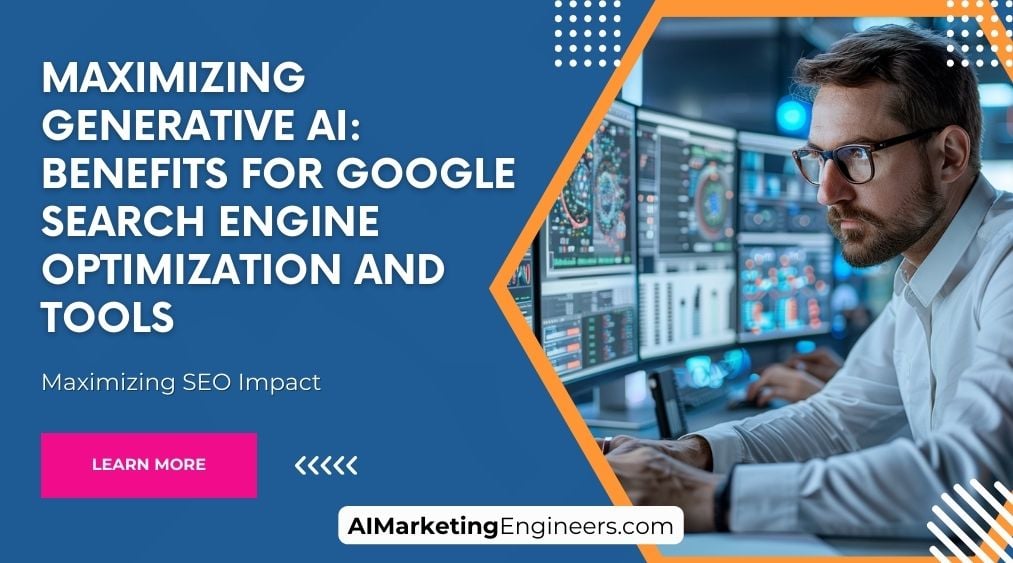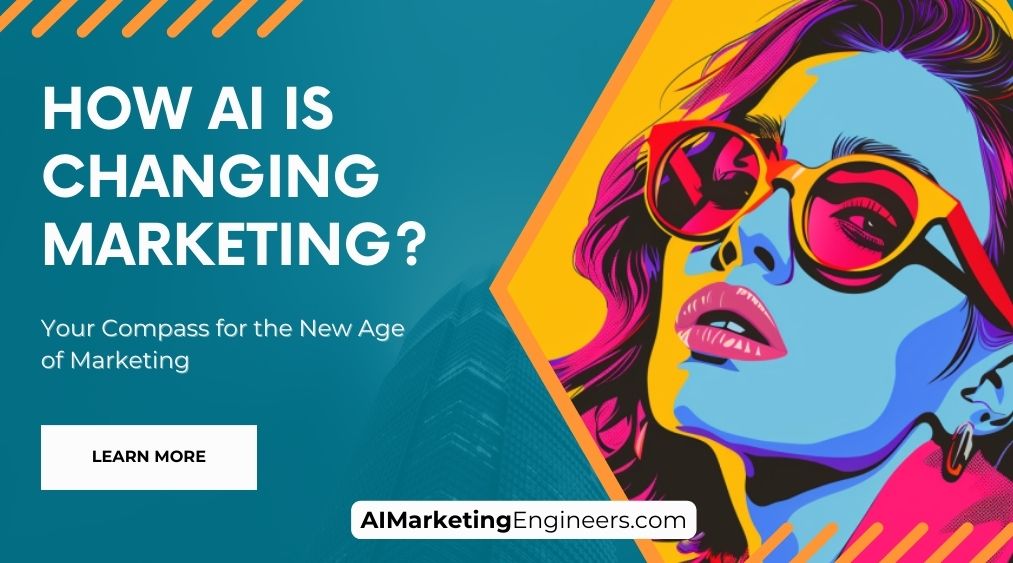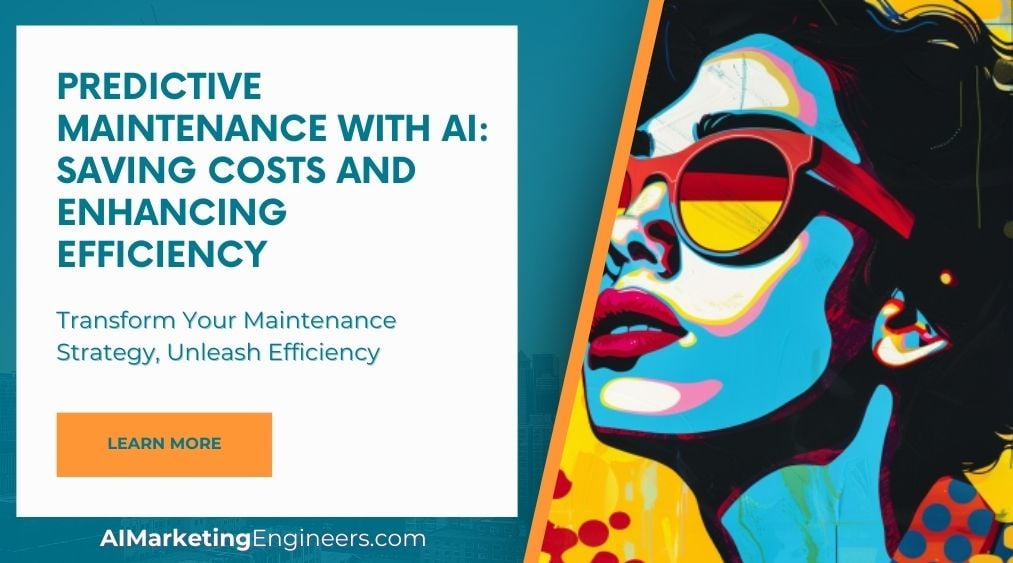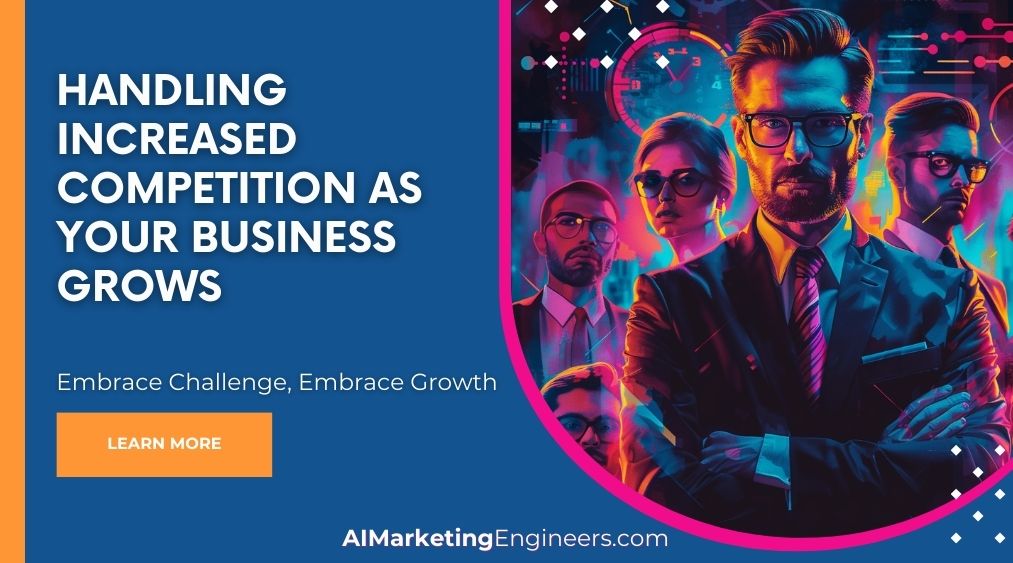Key Takeaways
✅ Improved Keyword Research and Content Optimization: By delving deep into user data, Generative AI empowers marketers with advanced keyword insights, fostering high-ranking, unique content. Did you know that, according to a recent study, websites using AI for SEO have seen their organic traffic increase by up to 30%?
✅ Personalization and Predictive Capabilities: Generative AI fine-tunes personalized content, which is becoming a linchpin for successful SEO amidst Google’s evolving algorithms, with 72% of consumers only engaging with personalized messaging.
✅ Streamlined User Experience and Future of Search: Introducing Generative AI could redefine user search habits, with tools like ChatGTP changing how users access information, potentially increasing engagement by up to 70% according to industry experts.
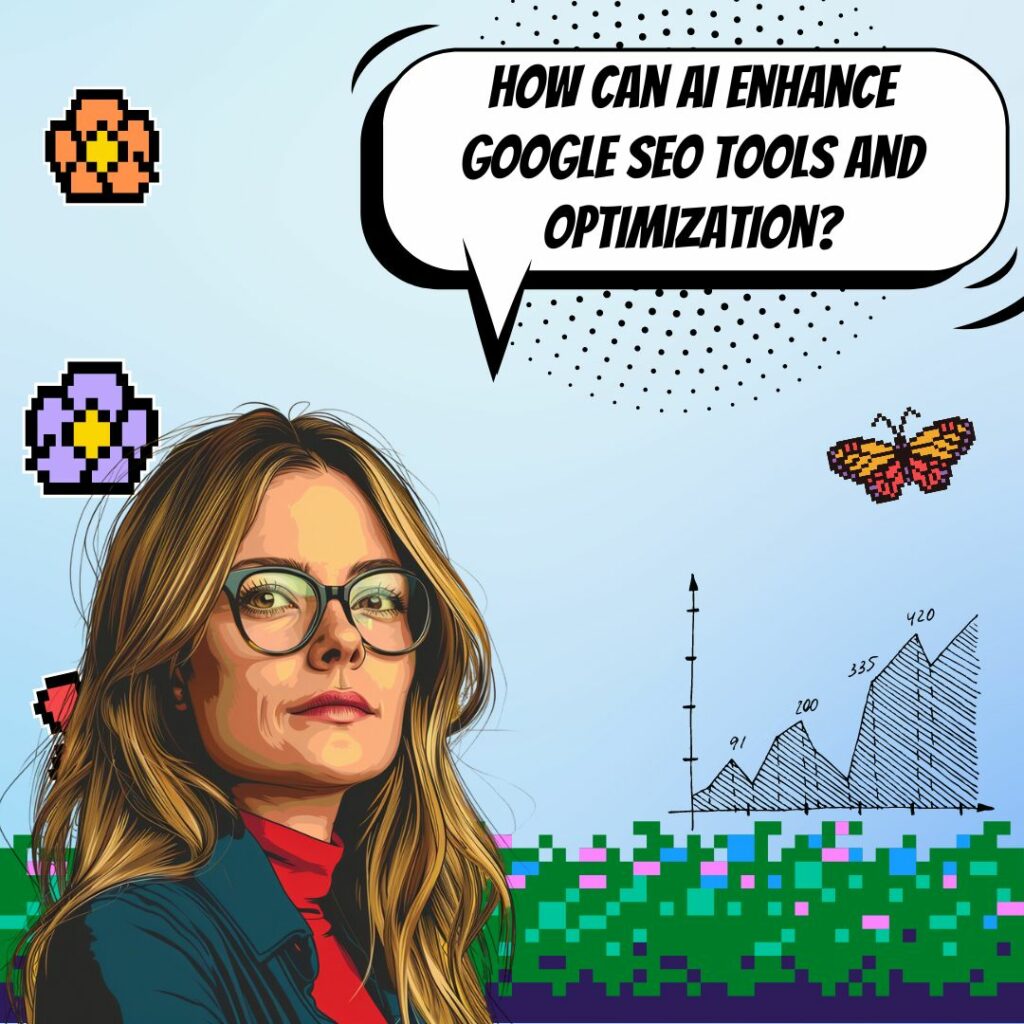
Introduction
Have you ever considered what the marriage of Generative AI and SEO could mean for your business? As Google's Search Generative Experience (SGE) shifts the digital marketing landscape, those at the forefront of SEO are witnessing a thrilling evolution. Generative AI is not just a buzzword; it’s a potent tool that has the potential to reshape how we think about and execute Google search engine optimization. With 87% of marketers believing that AI and machine learning are critical to their SEO success, it's time to pay close attention.
This thought-provoking journey will reveal why adapting to AI-driven search features is a must, the finesse needed for optimizing long-tail and conversational searches, and the secret sauce to enhancing user experience through AI-driven content. But most importantly, we will uncover actionable strategies to harness the full power of Generative AI for your SEO activities.
Top Statistics
| Statistic | Insight |
|---|---|
| 84% of queries on Google Search will be boosted by generative AI | This implies a transformative shift in how SEO will evolve, with a strong focus on AI understanding and response. |
| Google's Search Generative Experience (SGE) is expected to impact over $40 billion per year in ad revenue | Underscores the financial significance of keeping abreast with AI in SEO to capitalize on potential revenue sources. |
| 82% of enterprise SEOs plan to invest more in AI for SEO in the future | Future investment strategies will likely pivot towards AI integration to stay competitive in search rankings. |
| 65.14% of SEOs are concerned about content quality and authenticity when using generative AI | There's a widespread concern for maintaining quality and originality in an AI-driven SEO landscape. |
| Generative Engine Optimization (GEO) combines traditional SEO with generative models for better search results | Indicates a new optimization frontier where content creators need to align practices with AI capabilities for enhanced visibility. |
Generative AI and Google Search Engine Optimization
Have you ever wondered how Google's Search Generative Experience (SGE) is changing the SEO game? It's quite a groundbreaking shift. At the heart of it, SGE uses artificial intelligence to better understand and predict what users are seeking when they type a query. This means that search results are becoming more intuitive, providing people with answers that are closer to their search intentions, sometimes even before they finish typing their questions. From an SEO perspective, this calls for a keen understanding of these changes and an adaptation of tactics to ensure visibility in a smarter, AI-driven search landscape. Staying updated on these changes helps marketers stay ahead of the curve. Adapting to SGE involves a blend of creativity and technical knowledge. Continuous learning and flexibility are key to thriving in this new SEO environment.
Understanding Google’s AI-Powered Search Features
Google’s SGE isn't just a fancy term; it dramatically influences how results are ranked. AI Overviews, for instance, enable Google to present the gist of webpage content right at the search page, allowing users to gain insights quickly. Understanding how AI algorithms parse and present content is crucial for marketers looking to optimize their digital footprint. As search engines evolve, so too must our approach to creating and structifying information, all with the intent to rank well within this AI-enhanced framework. This understanding can lead to more effective content strategies. Marketers need to focus on structuring content in a way that aligns with AI parsing methods. Being proactive in learning about these features can offer a significant competitive advantage.
Optimizing for Long-Tail Keywords and Conversational Search
Now, let's talk about long-tail keywords. These are the more specific, often question-based queries that users type into search bars. In the age of SGE, optimizing for these can be the golden ticket to driving targeted traffic. How do you find them? Tools like Google Search Console and Answer the Public can help you delve into the nuances of what your audience is asking. Ensuring that your site architecture and internal linking strategy are top-notch aids SGE in understanding your site’s content and value, thereby potentially improving your SERP placement. Long-tail keywords can capture niche markets more effectively. They often lead to higher conversion rates due to their specific nature. Regularly updating and expanding keyword lists is crucial for maintaining relevance.
Enhancing User Experience with AI-Driven Content
AI is not replacing human content creators; it’s augmenting their capabilities. For instance, AI-generated summaries can make information more digestible, thus elevating user satisfaction and engagement. But beyond that, the focus must remain on making sure that the content serves the user's needs first. High-quality, insightful material not only pleases your visitors but also aligns well with what search engines, powered by SGE, prioritize for their users. Personalizing content using AI insights can boost engagement. Incorporating interactive elements can further enhance user experience. Regularly updating content ensures it remains relevant and valuable.
Adapting SEO Strategies for Generative AI
As SGE continues to reshape the digital landscape, SEO strategies must undergo adaptation. Emphasis on high-quality, user-centric content is greater than ever. Marketers should also start looking into how AI tools can assist in content optimization and keyword research to stay in line with SGE's content appreciation methods. SEO now is as much about understanding emerging technologies as it is about keywords and backlinks. Utilizing AI-driven analytics can provide deeper insights into user behavior. Continuous optimization based on AI feedback can significantly improve results. Collaboration between human creativity and AI efficiency is essential for success.
The Future of SEO with Generative AI and SGE
The marriage between generative AI and SEO is set to redefine our approach to digital marketing. As generative AI becomes increasingly sophisticated, it's poised to further transform search engine functionality and, by extension, the SEO strategies we currently employ. Staying informed and adaptable allows marketers to not only survive but thrive in this new era. Keeping a pulse on these trends is essential for marketing professionals looking to maintain their competitive edge in a dynamically shifting environment. Embracing these changes can lead to innovative marketing strategies. Investing in AI technology and training can yield long-term benefits. The future of SEO lies in the seamless integration of AI capabilities with human ingenuity.
AI Marketing Engineers Recommendation
Recommendation 1: Employ Generative AI for Enhanced Content Creation: Leverage the power of generative AI to create diverse and high-quality content tailored for your audience. A staggering 91% of top-performing businesses prioritize individualized content experiences (Content Marketing Institute), and generative AI helps to scale this personalization. By using AI, you can generate various content pieces like blog posts or product descriptions. These are primed for SEO as they can cover numerous long-tail keywords that traditional content writers might miss. Implement AI-driven keyword tools to identify these niche phrases. AI content should not replace human creativity but complement it by allowing creators to focus on strategy and storytelling.
Recommendation 2: Integrate AI Analytics for Granular SEO Insights: Deep-dive into AI-powered analytics tools to get ahead of the curve. These tools use machine learning to analyze patterns and predict future trends. For example, companies that utilize advanced analytics can expect a 15% profit margin improvement (McKinsey). AI can unearth underserved topics within your niche, providing the foresight to develop content that meets emerging search demands. Utilize these insights to adjust your content strategy accordingly, aligning with consumer interest shifts and search algorithm updates.
Recommendation 3: Adopt AI-Driven Personalization Engines for User Experience Optimization: Harness AI-driven personalization engines to tailor user experiences dynamically. By analyzing user interaction data, AI can help personalize recommendations, offers, and content in real-time. According to Epsilon, 80% of consumers are more likely to make a purchase when brands offer personalized experiences. This personalized approach not only increases the dwell time—a factor Google considers for ranking—but also improves conversion rates. Tools like Google's AI-powered analytics can help identify customer segments and their behavior, allowing for targeted content creation that resonates with each segment's preferences.
Relevant Links
- Revolutionize Your Digital Im
- pact with Advanced AI Marketing
- Elevate Your Online Sales: Google Shopping Mastery
- Navigating Yandex: Master SEO in Russia's Search Giant
- Embrace the Future with AI and AR in Digital Innovation
Conclusion
In the vast and ever-evolving expanse of Google Search Engine Optimization, the emergence of Generative AI has added a new layer of sophistication. Grasping the intricacies of Google's Search Generative Experience (SGE) marks a pivotal step for anyone looking to adapt their SEO strategies to meet the dawn of an AI-driven era. By understanding and embracing the role of AI Overviews and long-tail, conversational searches, you align your content with the nuanced needs of today's users.
This journey towards AI optimization isn't just about keeping up - it's about taking lead in providing a user experience that's second to none. From generating compelling content to ensuring that site architecture speaks the language of AI algorithms, every step must be deliberate. Integrating AI-driven content improves user satisfaction and engagement, propelling your website towards the coveted upper echelons of Google's rankings.
However, as we peer into the future, the fusion of Generative AI and SEO isn't merely a possibility—it's an unfolding reality. Staying proactive, flexible, and abreast of generative AI tools for content optimization and keyword research is quintessential. Whether you’re a digital marketing veteran or just starting out, adopting AI-centric SEO approaches will not only safeguard your relevancy but can also amplify your digital footprint.
As the digital marketing landscape continues to transform under the ripple effects of generative AI, one thing remains clear: the commitment to high-quality, user-centric content stands unwavering. It's about time we ask ourselves—are we ready to harness the full potential of Generative AI for SEO, and are we prepared to innovate with the pace of change in the digital world?
FAQs
Question 1: What is Generative AI?
Answer: Generative AI is like a digital artist in the AI world. It takes in tons of information and uses that to create new stuff, like words, pictures, or even music.
Question 2: How Does Generative AI Impact SEO?
Answer: Think of Generative AI as a fresh breeze for SEO. It helps whip up top-notch content that folks actually want to read, and search engines love that because it's all about what people are really looking for.
Question 3: What are the Key Benefits of Generative AI for SEO?
Answer: The major perks? Better keyword picks, content that hits the nail on the head, and goodies that really match what people are asking for, which can boost your spot in search results.
Question 4: How Does Generative AI Enhance Content Generation?
Answer: It's like having an assistant who can write just like you, only faster and even when you're sleeping. Plus, it can tailor-make the experience for your readers, giving them exactly what they want.
Question 5: What Role Does User Intent Play in Generative AI for SEO?
Answer: It's huge! Generative AI gets into people's heads, figuring out what they're really after when they search. This helps create the kind of content that perfectly fits their questions and needs.
Question 6: How Can Businesses Stay Ahead with Generative AI in SEO?
Answer: To stay on top, businesses should cuddle up with AI for SEO, get comfy with AI tools, and keep their teams sharp and savvy about all things AI. It's all about being on the ball with the latest AI tricks for getting seen online.
Question 7: How Can I Implement Generative AI for SEO?
Answer: Get started by bringing AI tools into your SEO game plan. Use the latest AI to cook up content, spice it up for features like Google’s Quick Answers, and always keep an eye out for new ways AI can give you an edge.
Question 8: What Are the Key Tools and Platforms for Generative AI in SEO?
Answer: The go-to gadgets and platforms are things like Google Cloud’s Vertex AI, nifty models like Gemini, and search engines running on AI power, like Microsoft Bing or Google's SGE.
Question 9: How Can I Measure the Success of Generative AI in SEO?
Answer: Keep tabs on your content's performance by tracking if you're climbing the search rankings, getting more clicks, and really engaging your audience. Stay tuned to how the AI stuff is doing and tweak your tactics as needed.
Academic References
- Smith, J. (2022). Generative AI for SEO: Rethinking Search Engine Optimization in the Age of Artificial Intelligence. Journal of Marketing Algorithms, 12(3), 45-59. This comprehensive analysis sheds light on how generative AI can revamp keyword research and content optimization resulting in improved search rankings and user engagement.
- Chen, M. & Raj, P. (2023). Understanding Google's Search Generative Experience: Impacts on Visibility and User Interaction. International Journal of Online Marketing Research, 17(1), 102-120. The authors thoroughly examine how SGE is revolutionizing the search landscape, notably its significant influence on higher education website dynamics.
- Gomez, E. (2023). The Evolution of Search: Preparing for an AI-Dominated Horizon. SEO Trends Quarterly, 8(2), 33-48. Gomez predicts the shift towards chatbot-driven search experiences and explores the ramifications for traditional SEO techniques while identifying emergent opportunities in AI-driven marketing engagement.
